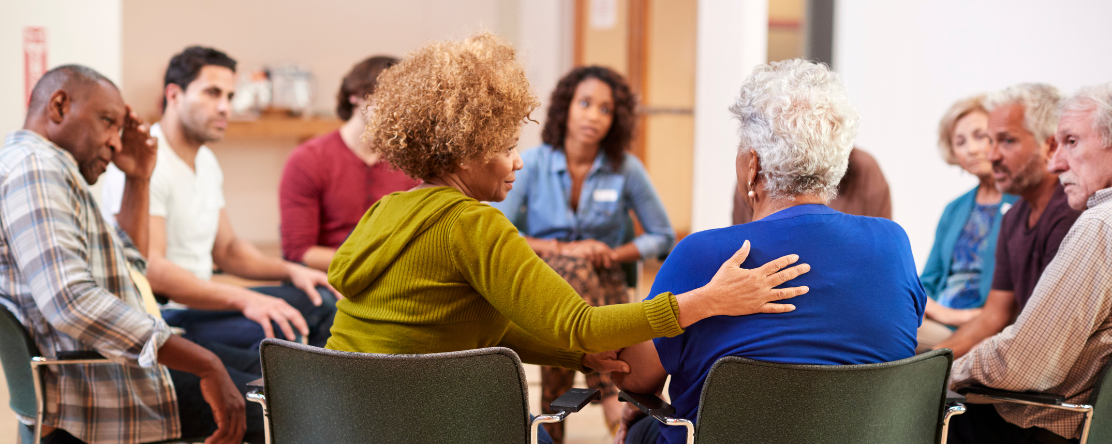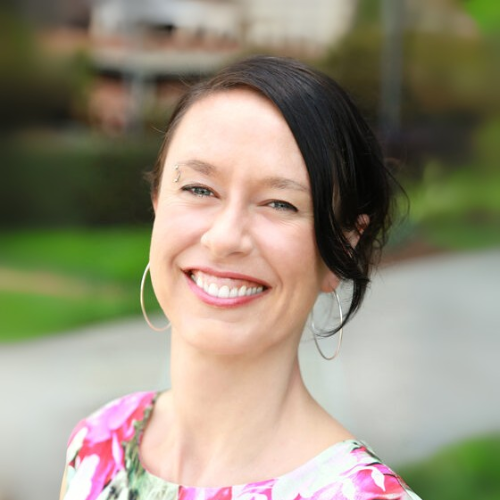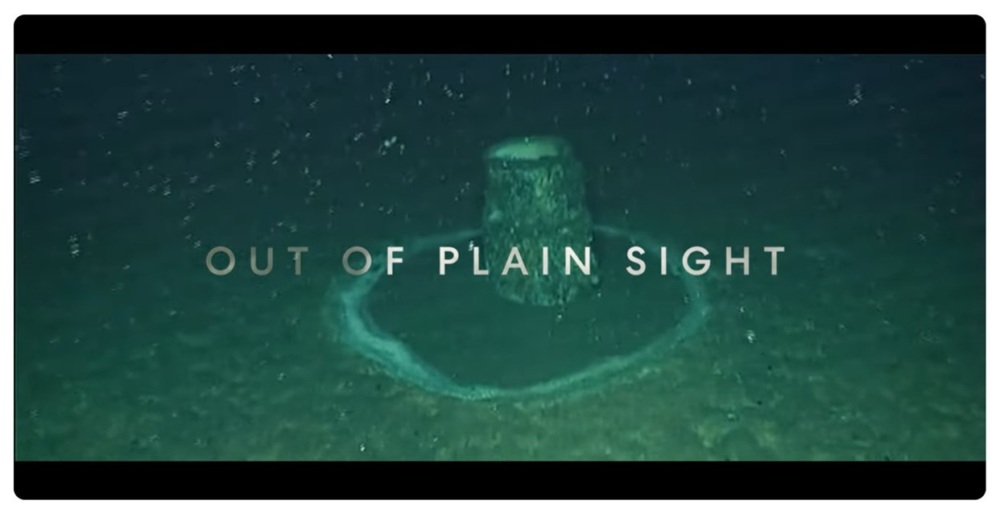
Press Release
Alternatives to Alcoholics Anonymous are Just as Effective for People with Alcohol Use Disorders
-
Issues
Alcohol -
Expertise
Research – Surveillance -
Programs
Alcohol Research Group

Emeryville, CA — Today, a new study from the Alcohol Research Group, a program of the Public Health Institute, was released and found that people with alcohol use disorders who attended a mutual-help group experienced the same benefits for recovery regardless of the group they chose. The study examined people attending SMART Recovery, LifeRing, and Women for Sobriety (along with 12-step groups like AA), and concluded that these prevalent mutual-help group alternatives can be as effective as AA for those with alcohol problems.
This study, led by investigators from the Alcohol Research Group and Stanford University, combined data from two samples of adults in the U.S. attending mutual-help groups for an alcohol problem, both online and in person. All participants completed surveys at the beginning of the study and again 6 and 12 months later.
“Mutual-help groups are the only demonstrably effective form of continuing care that is widely available throughout the recovery process, but there has been a massive gap in our understanding of promising alternatives to AA,” said Dr. Sarah Zemore, Principal Investigator and Senior Scientist at the Alcohol Research Group.

This study, which analyzed a large sample of people across the United States, affirms the benefits of attending SMART, LifeRing, and Women for Sobriety for people experiencing alcohol use disorders. This is great news for people who don’t like AA, because it means that there are other effective options: You don’t have to follow a 12-step program. So I would encourage service providers, the courts and policymakers to refer to and support all of these groups as potential options. All of these groups can work, as long as people find a meeting that they like, attend that meeting regularly, and generally participate fully by doing things like making friends and volunteering.Sarah E. Zemore, PhD
Principal Investigator and Senior Scientist, Alcohol Research Group, Public Health Institute
The researchers examined how mutual-help group involvement (measured as meeting attendance and participation in core activities, such as service work and volunteering) and mutual-help group choice related to alcohol use and problems at the next survey. They also specifically tested whether the positive impacts of mutual-help group involvement on alcohol outcomes depended on mutual-help group choice. The study found that mutual-help group involvement, rather than the specific group chosen, was the main determinant of how a person fared over time, even when adjusting for demographic and clinical factors. In fact, mutual-help group choice had no impact on alcohol outcomes in the final models.
The study included data from 1152 US adults sampled in the Peer Alternatives for Addiction (PAL) Study 2015 and 2021 Cohorts. The PAL Study Cohorts recruited participants in collaboration with mutual-help group directors and recovery-related organizations, using parallel designs and surveys to permit combining the data for analysis. The study is published in the International Journal of Drug Policy.
About the Alcohol Research Group
For over sixty years, the Alcohol Research Group (ARG) has been actively engaged in critically needed alcohol- and other drug-related public health research. We study drinking and other drug use and how these and other factors such as gender, race/ethnicity, sexual identity, socioeconomic disparities, and environmental differences affect health. ARG is also home to the NIAAA-funded National Alcohol Research Center and training program. Please visit arg.org.
ARG is a program of the Public Health Institute, an independent nonprofit organization, dedicated to promoting health, well-being and quality of life for people throughout California, across the nation and around the world. Please visit phi.org.
More Updates
Work With Us
You change the world. We do the rest. Explore fiscal sponsorship at PHI.
Support Us
Together, we can accelerate our response to public health’s most critical issues.
Find Employment
Begin your career at the Public Health Institute.



